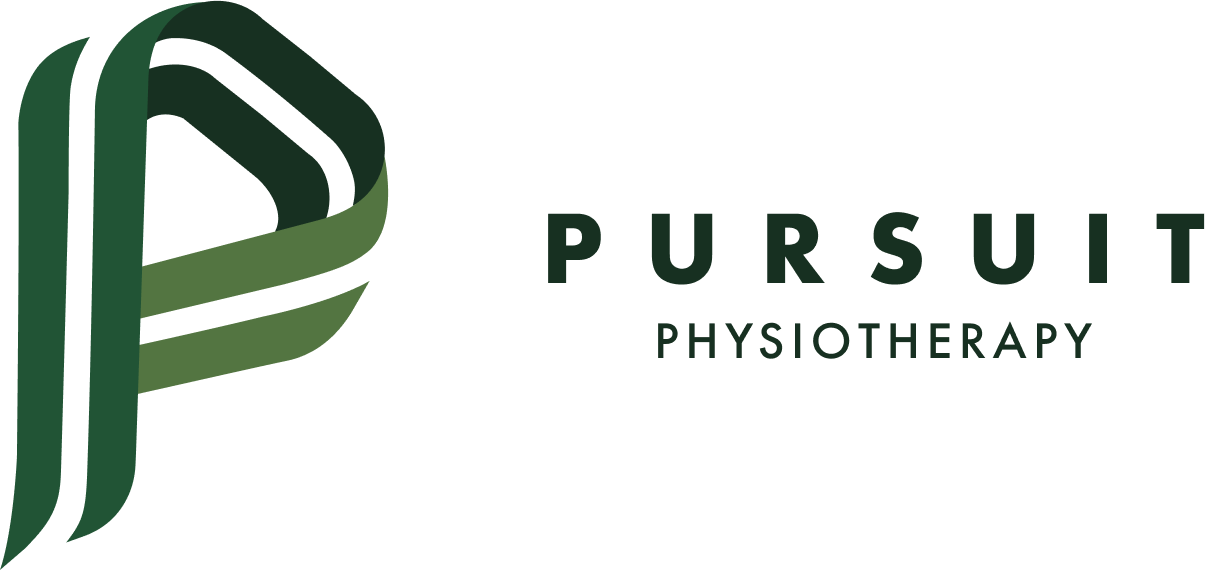Massage Therapy For Mental Well-being
In today's fast-paced world, stress, anxiety, and other mental health concerns have become increasingly prevalent. While traditional approaches such as therapy and medication remain crucial, massage therapy can be used as another tool to improve mental well-being. This blog post explores the benefits of massage therapy for mental health and how it can become an integral part of holistic self-care.
Stress Reduction and Relaxation
Massage therapy is widely known for its ability to induce deep relaxation and alleviate stress. A literature review conducted by Moraska et al (2010) looking at a total of 25 studies found that there was a consistent decrease in salivary cortisol (stress hormone) levels and heart rate after a single massage. It further promotes the release of endorphins – the body's natural mood elevators – and activates the body’s parasympathetic nervous system. This biological response leads to a state of relaxation, calming the nervous system and fostering a sense of tranquility.
Anxiety Relief
For individuals with anxiety disorders or heightened levels of anxiety, massage therapy can be a powerful tool for finding relief. A randomized control trial conducted by Sherman et al (2010) suggests that while massage might not be able to replace antidepressants or antianxiety medications depending on an individual's mental health, regular massage sessions could be a alternative non-medical treatment to decrease symptoms of anxiety, provide some therapeutic effects and promote overall relaxation. By creating a safe and soothing environment, somewhere to take some time out of a hectic life and encourage deep breathing and relaxation, massage therapy offers individuals a respite from the relentless worries and fears associated with anxiety.
Mood Enhancement
Massage therapy has been shown to uplift mood and enhance emotional well-being. An article written by Weinberg et al (1988) suggests that an activity such as running in combination with massage produced a positive mood enhancement while decreasing tension, anger and depression. Massage therapy creates a conducive environment to help promote greater relaxation and stress relief after an intense activity (Weinberg et al, 1988). This suggests that massage may be beneficial for active populations including athletes as well as those with an active lifestyle from a psychological point of view. Additionally, the soothing touch of massage fosters a sense of connection and emotional support, providing comfort during times of heightened stress.
Mind-Body Connection
Massage therapy can nurture the connection between mind and body, promoting greater self-awareness and mindfulness. By encouraging individuals to become more attuned to their bodily sensations and internal experiences, it is suggested that massage therapy can provide emotional release where traditional psychotherapy might not be able to access (Mazzeo, 2007). Furthermore, article written by Sagar et al (2007) looking at the benefits of therapeutic massage in cancer patients found that the reciprocal body-mind relationship is an important target for manual therapies to help reduce suffering. This heightened awareness can help individuals manage stress more effectively and cultivate a greater sense of overall well-being.
Support for Mental Health Conditions
In addition to its general benefits for stress, anxiety, and mood, massage therapy can play a supportive role in managing various mental health conditions. An article written by Rapaport et al (2018) discussing massage therapy for psychiatric disorders suggests that massage therapy may help decrease depressive mood or acute anxiety, and may provide benefit to those with depression or anxiety disorders when treated in combination or adjuvant to conventional therapies. By providing a safe space for emotional release and relaxation, massage therapy empowers individuals to embark on their healing journey and offers an additional holistic approach to treatment.
Conclusion
Massage therapy offers far-reaching benefits for mental well-being, providing a holistic approach to self-care that nurtures both the body and the mind. Through its ability to reduce stress, alleviate anxiety, enhance mood, and foster a deeper mind-body connection, massage therapy emerges as a valuable tool for promoting mental health and overall well-being. As we continue to uncover the science behind its therapeutic effects, massage therapy holds immense promise as a complementary treatment modality for individuals seeking relief from the challenges of modern-day living.
Incorporating regular massage therapy sessions into one's self-care routine can be a transformative step towards achieving greater balance, resilience, and inner peace in the journey towards optimal mental health.
Ready to experience the profound benefits of massage therapy for your mental well-being? At Pursuit Physiotherapy in Victoria, BC, we offer expert massage therapy services designed to reduce stress, alleviate anxiety, and enhance your overall mood. Embrace a holistic approach to self-care and nurture both your body and mind with our tailored treatments. Book your session today and take a transformative step towards balance and inner peace. Call us now or book online to schedule your appointment and start your journey to better mental health.
References:
Mazzeo, C. A. (2008). Nurturing the mind/body connection: a phenomenological analysis of emotional release in massage therapy. The Chicago School of Professional Psychology.
Moraska, A., Pollini, R. A., Boulanger, K., Brooks, M.Z., Teitlebaum, L. (2010). Physiological Adjustments to Stress Measures Following Massage Therapy: A Review of the Literature. Evidence-Based Complementary and Alternative Medicine, 7, Article ID 292069, https://doi.org/10.1093/ecam/nen029
Rapaport, M. H., Schettler, P. J., Larson, E. R., Carroll, D., Sharenko, M., Nettles, J., & Kinkead, B. (2018). Massage therapy for psychiatric disorders. Focus, 16(1), 24-31.
Sagar, S.M., Dryden, T., Wong, R. K. (2007). Massage Therapy for Cancer Patients: A Reciprocal Relationship between Body and Mind. Current Oncology, 14(2):45-56. https://doi.org/10.3747/co.2007.105
Sherman, K.J., Ludman, E.J., Cook, A.J., Hawkes, R.J., Roy-Byrne, P.P., Bentley, S., Brooks, M.Z. and Cherkin, D.C. (2010). Effectiveness of therapeutic massage for generalized anxiety disorder: a randomized controlled trial†. Depress. Anxiety, 27: 441-450. https://doi.org/10.1002/da.20671
Weinberg, R., Jackson, A., & Kolodny, K. (1988). The Relationship of Massage and Exercise to Mood Enhancement. The Sport Psychologist, 2(3), 202-211. Retrieved Apr 30, 2024, from https://doi.org/10.1123/tsp.2.3.202


